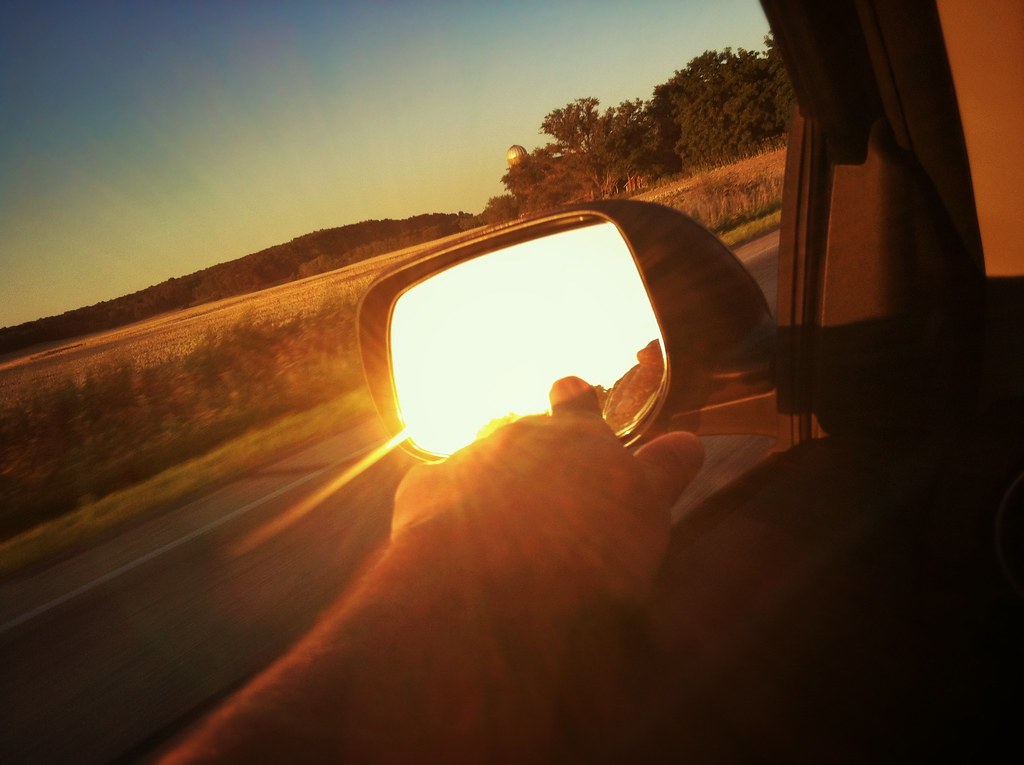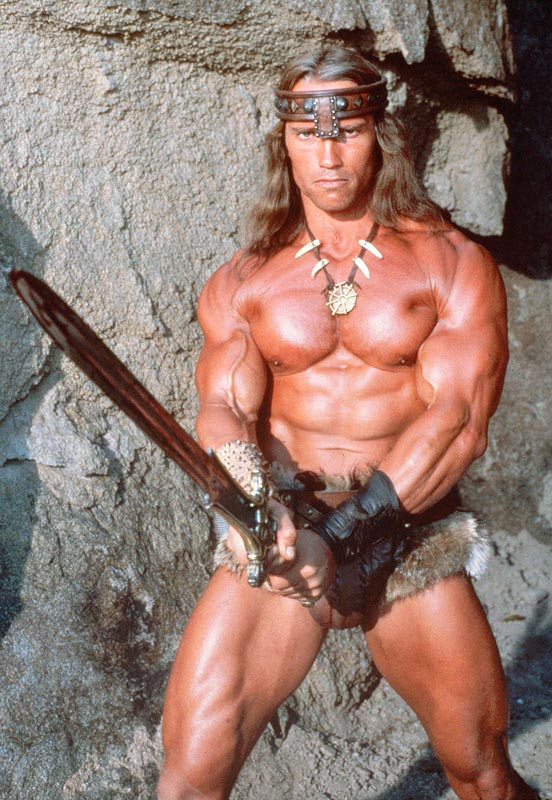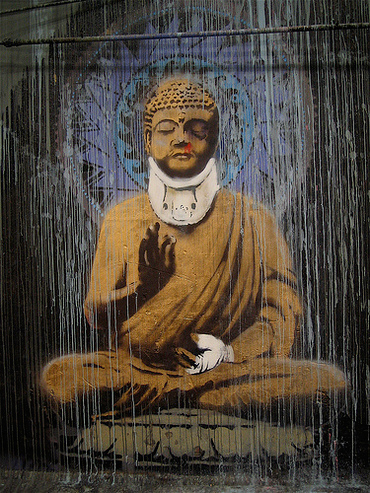Sangha Retreat at
Shambhala Mountain Center (
SMC) in 2011 may live in my memory as a life changing experience somewhere alongside losing my virginity, joining the Peace Corps, and deciding to get married. I'm not sure I'm coming back home the same person that I left.
The
Shambhala Sangha Retreat is kind of like
Lolapalooza for
Dharma students in the
Shambhala Buddhist lineage. Every
Sangha retreat features giants of the
Shambhala lineage and this year's event at
SMC included
Sakyong Mipham,
Acharya Arawana Hayashi and
Acharya Adam Lobel. Actually, scratch that thing about
Lolapalooza. It's more like the Tibetan Freedom Concert but instead of the
Beastie Boys you get
Sakyong Mipham. The point is that if you want to attend a summer retreat and study with some great teachers, this is a great event to attend. For me, this was the first meditation retreat I had ever attended outside of a city, and it was amazing.
I met
Sakyong Mipham for the first time a couple of years ago when he spoke in Baltimore. He was on his way to meet Queen
Noor. To be honest, I wasn't blown away by the meeting, even though other people I knew there seemed floored by him. So I went to
SMC with no expectations other than that I would hear some teachings from as legitimate an authority on meditation in the East or West as you will ever find. The
Sakyong just returned from a year long retreat and so I was hoping he would kick down with some wisdom bombs and blow our minds.
That's just what he did. I had the feeling that the
Sakyong had blossomed into his role as a spiritual leader, that he had fearlessly confronted his doubts about human nature and his commitment to
his father's legacy (Chogyam Trungpa Rinpoche). Through this deep self reflection, he saw not only his own nature, but the key to human dignity. He admitted his doubts and this honesty is the first thing that struck me: we don't have to take anything on faith, but figure things out through contemplation, experience and reflection.
The
Sakyong taught on the theme of
basic goodness. To know basic goodness, you have to know feeling. That was a word he used a lot, "feeling." Bravery is allowing yourself to feel the feeling that you are feeling. Not running away, not burying it, not turning your back on it. Don't be afraid to hold a feeling and poke it; see what it is made of. Don't be embarrassed of your humanity, your awkward moments, your tears, your mistakes, the things that scare you, your lust, your materialism. In all this pain and discomfort you will find opportunities to touch basic human goodness.
He spoke about themes like the embodiment of the feeling of basic goodness (bringing it down from the head to the heart). He also talked about noticing the ceremonies in life and the need to consciously design the ceremonies you engage in, or face the reality that others will design the ceremony for you. He quoted his father,
Chogyam Trungpa, "life is ceremony," and the poetry of this father to son to
Sangha transmission was not lost on the Sangha retreat participants.
Throughout this retreat there were several moments when I thought my heart would explode. This came not only from the teachings, but from the outward expressions of human goodness that I saw in the
Sangha. I hung out with a concentration of incredibly talented and inspiring people, from an
ex-neo Nazi turned peace educator, to a couple that run a children's theater, to the Dog Whisperer's website manager, a holistic healer, musicians, a community landscaper, a mother of two, and multitudes of other humans devoting their lives to creating a more sane planet. Coming to
Sangha retreat felt like a meeting of minds, a tribal gathering, a battery recharge, and an opportunity to evaluate our wildest aspirations that suddenly felt like many steps less than impossible.






















